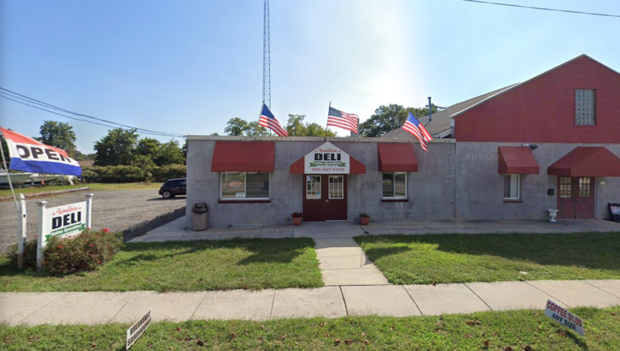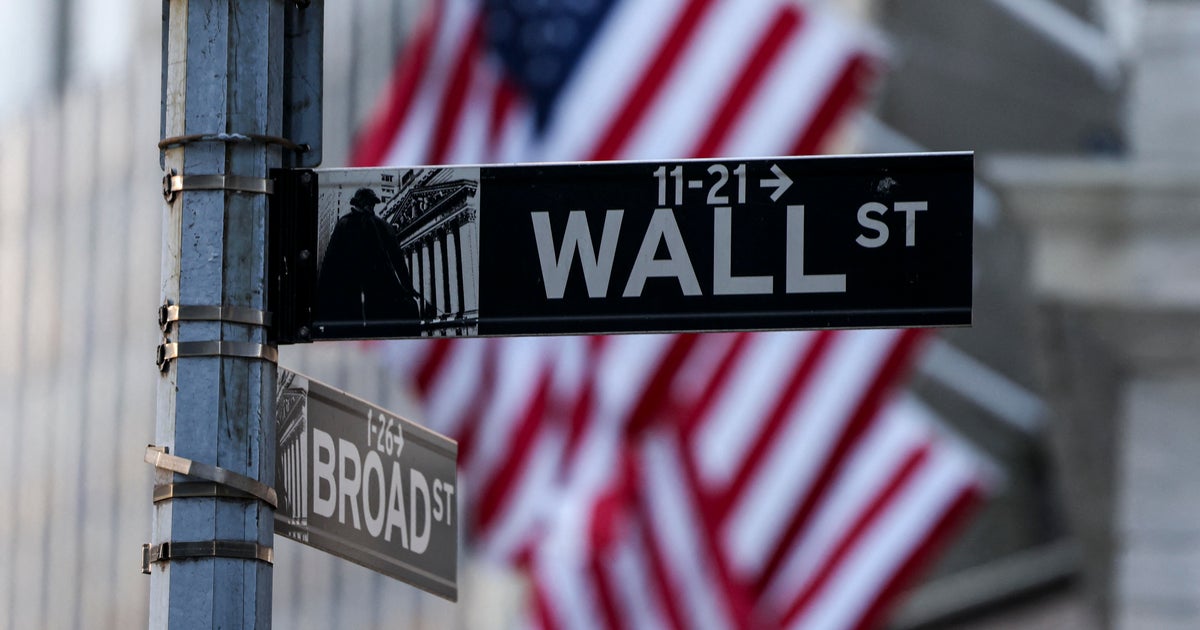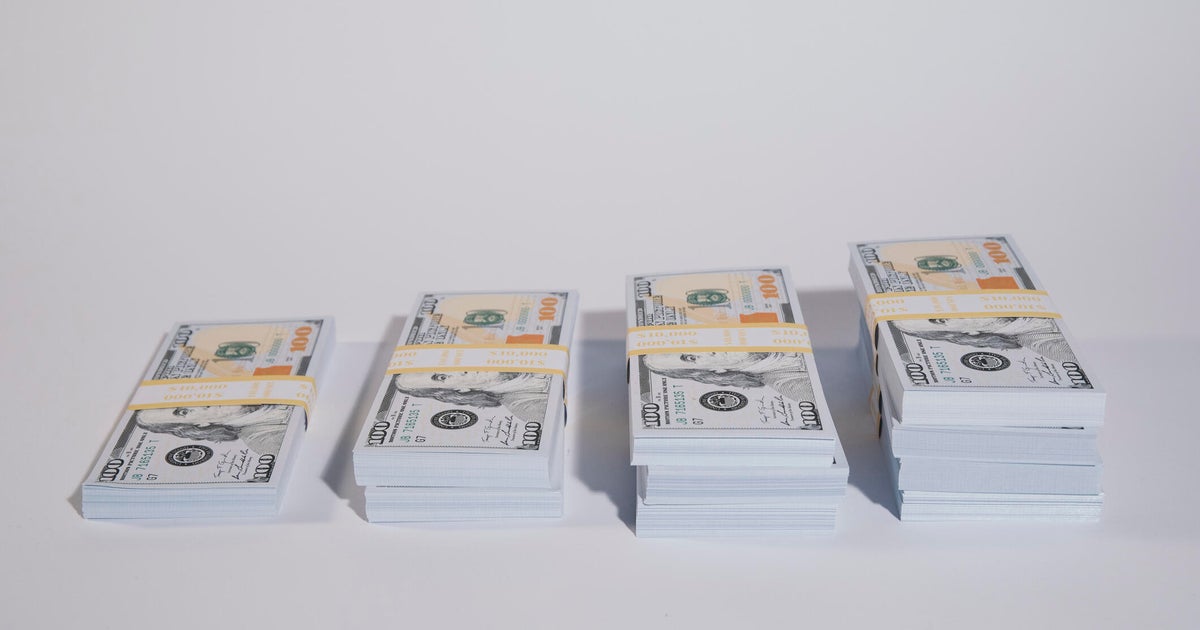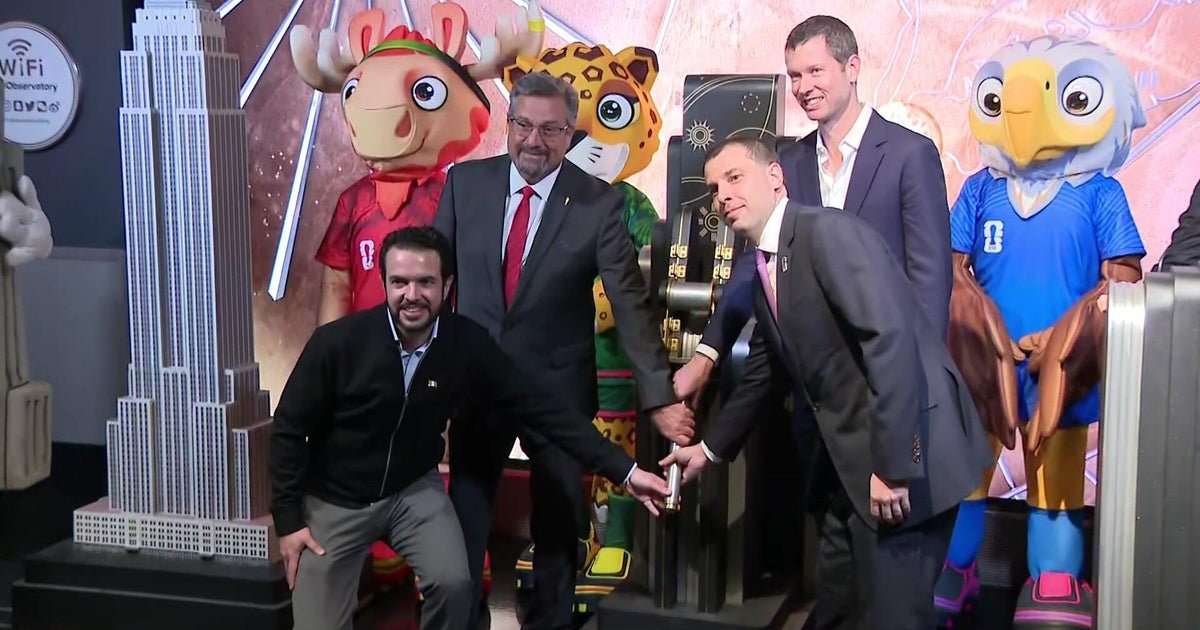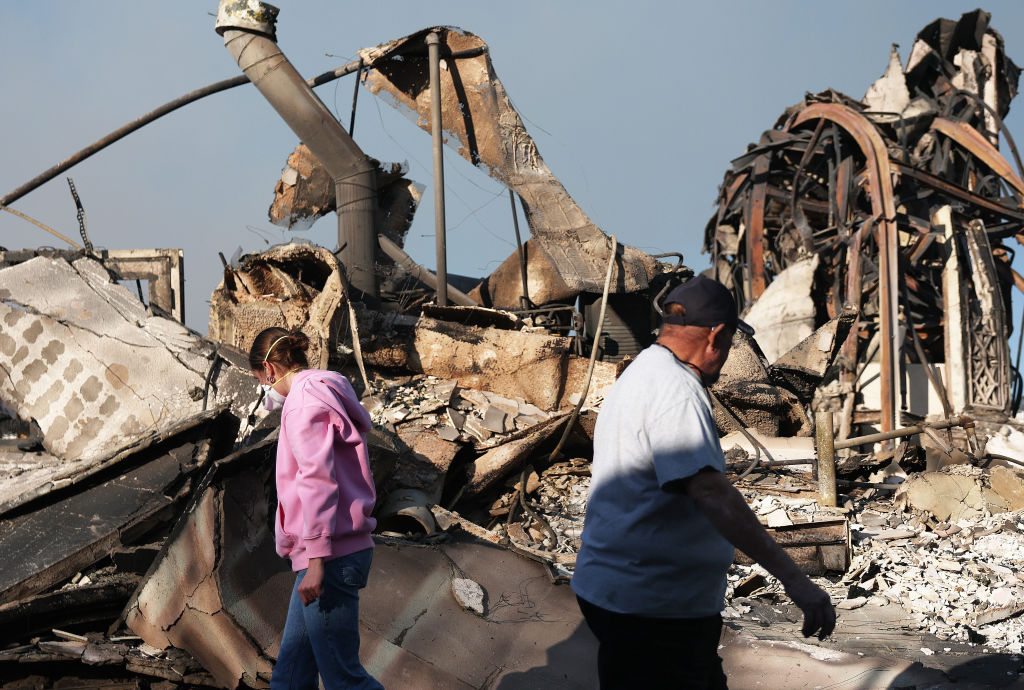David Einhorn letter: A deli valued at $100 million is proof "the market is fractured"
The soaring price of stocks, art that uses so-called non-fungible token technology and bitcoin have led some market observers to warn that investors are getting irrationally exuberant, raising the risk of a crash.
Exhibit A, according to one prominent investor: a New Jersey sandwich shop with a single store, paltry sales and a market value of just over $100 million. Hedge fund manager David Einhorn, who famously called out Lehman Brothers before its 2008 collapse, wrote in a quarterly letter to clients this week that the head-scratching market value of the sandwich shop, Your Hometown Deli, is the latest sign that investors are getting unhinged.
"From a traditional perspective, the market is fractured and possibly in the process of breaking completely," Einhorn wrote.
He added, "Small investors who get sucked into these situations are likely to be harmed eventually, yet the regulators – who are supposed to be protecting investors – appear to be neither present nor curious."
Hometown International, which despite its name is the owner of a single restaurant in Paulsboro, New Jersey, had sales of $14,000 last year. That was a drop from nearly $22,000 the year before. Despite its modest business, the deli's shares, publicly traded since 2019, have soared nearly 300% in the past year to nearly $14. That recently gave the company a market value — derived from adding up the price of all of its shares — of nearly $120 million.
The company has no full-time employees. Hometown CEO Paul Morina is also the company's chief financial officer and treasurer. Separately, he is also the full-time principal of Paulsboro High School as well as the school's wrestling coach.
A call to the number listed in a Hometown financial filing was not returned. A message left at Paulsboro High School for Morina was not returned.
Shares of Hometown fell 3% on Friday to $13 as Einhorn's letter was circulated — still well above the deli operator's stock price of about $4 a year ago.
"Strange things"
In his letter, in which Einhorn also predicts rising inflation and warns about the growing national debt, the hedge fund manager said Hometown is only one example of what he sees as a growing disconnect between stock prices and financial reality.
"Strange things happen to all kinds of stocks," Einhorn said. "Last year, on one day in June, the stocks of about a dozen bankrupt companies roughly doubled on enormous volume."
Market skeptics see other signs of a possible bubble. One of the most widely noticed came earlier this year when the shares of video game chain GameStop soared more than 2,000% in a less than a month. That gave the troubled retailer, which hadn't turned a profit in years, a market cap of $30 billion. A number of other struggling stocks, like pandemic-scarred movie theater chain AMC and software maker Blackberry, also were pushed up, likely by members of a Reddit message group in what became known as the "meme stock" rally.
In another indication that some Wall Street analysts say could point to froth in the market, investors in the past year have been snapping up the offerings of "special purpose acquisition companies," or SPACs. The corporate structures are often called "blank-check" companies because they sell shares to investors before the enterprise actually owns a business, with the promise that corporate managers will use the money from selling shares to make acquisitions. This type of investment, once viewed as risky, has suddenly been embraced by investors.
More recently, commentators have pointed to rising prices of digital artwork sold as bitcoin-like NFTs as the latest sign of a potential bubble. Earlier this year, a relatively unknown digital artist, Beeple, sold an NFT for $69 million, exceeding the price fetched by such famous artists as Picasso or Andy Warhol.
Bitcoins themselves have also soared, recently climbing above $60,000 for the first time. The digital currency had traded for just over $6,000 per bitcoin a year ago.
